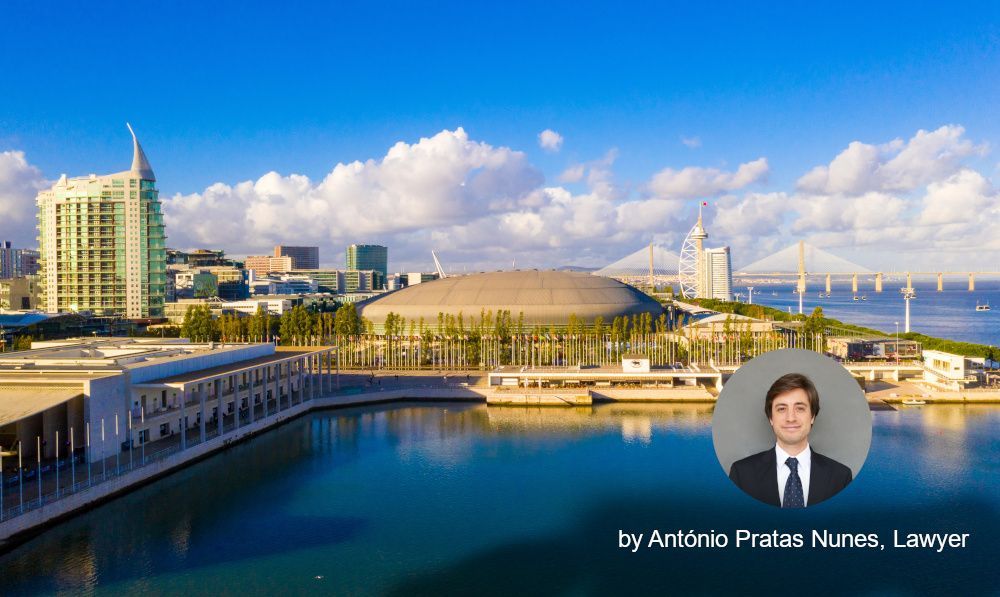Portugal Listed as a Safe Destination for the UK
4 September 2020
The British government announced on 20th August 2020 that Portugal will be added to the air travel corridor list for the UK, which means that visitors from the country will not have to quarantine upon their return to the UK. This positive news was already confirmed by the UK Secretary of State and Transport, Grant Schapps, who revealed on Twitter “Data also shows we can now add Portugal to those countries INCLUDED in Travel Corridors (…)” and by the British Embassy in Lisbon: “UK travel advice restrictions to mainland Portugal have been removed with immediate effect. The British Embassy wishes to thank the Portuguese authorities for their constructive cooperation in recent weeks, including regularly providing updated figures on the evolution of the virus in Portugal”.
This decision follows a review of the recent data from the UK’s Joint Biosecurity Center and entered into force at 4 am on 22nd August 2020. Portugal is now part of the small group of countries that were added to the corridor list for the UK since July, which includes Estonia, Latvia, Slovakia, Slovenia, the archipelago of Saint Vincent and the Grenadines, Brunei, and Malaysia. Besides Portugal, the UK air travel corridor also includes Poland, Greece, Czech Republic, Hungary, Malta, Romania, Belgium, the Netherlands, Denmark, and Cyprus.
Other countries, such as Croatia, Austria and the Island of Trinidad and Tobago in the Caribbean, will be removed from the list due to the growing number of infections.
In a statement, the Portuguese Minister of Foreign Affairs explains that “this decision is very important in the sense that it will allow to restore the usual mobility of people between Portugal and the UK, whatever the reason for the travels may be: tourism, work, family motives, study, educational exchange programmes, among others”.
The Ministry of Foreign Affairs adds that this decision is the “(…) acknowledgment of the positive evolution of the Portuguese situation, namely the ability of testing on a large scale, detecting the positive cases, controlling their transmission and treating them in the most adequate form. It also emphasizes the ability from our National Health Service, that never ceased to assure regular monitoring of the people infected with COVID-19”. According to the European Center for Disease Prevention and Control, Portugal has been registering a decrease in the number of infections, having recorded 27.8 cases per 100,000 inhabitants in the last two weeks.
The Portuguese National Confederation of Tourism considered this to be a “very positive” decision: “It is obviously good news for the Tourism, since the UK is our main outbound market. However, it comes rather late (…)”.
Despite last week rise in coronavirus cases, Portuguese government is confident the situation is under control. For now, United Kingdom, with the exception of Wales and Scotland, will keep the travel corridor list unchanged.











